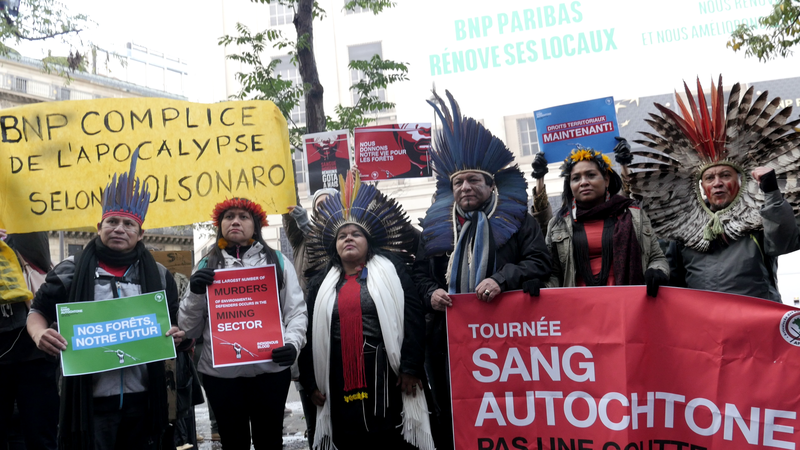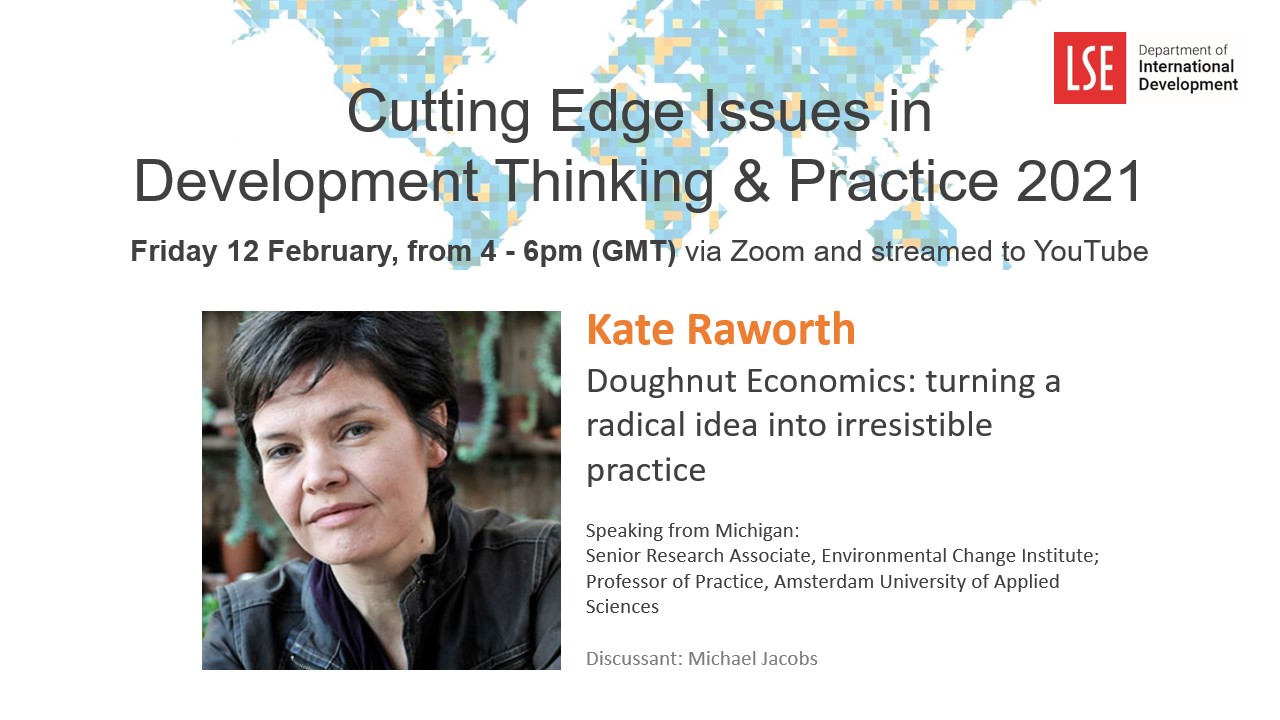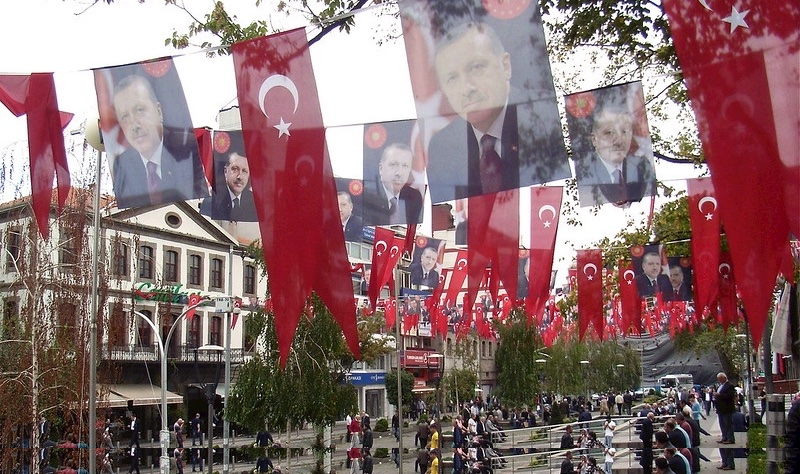MSc student in International Development and Humanitarian Emergencies Johana Bretou-Klein shares her experience of completing a consultancy project with fellow students Caterina Bianco, Brendan Gilmore and Cara Stoney on the protection of civilians and environment in areas affected by crises.
As part of our MSc in International Development and Humanitarian Emergencies, our group of four conducted a consultancy project for the Joint Environment Unit (JEU) of the United Nations Environment Program (UNEP) and UN Office for the Coordination of Humanitarian Affairs (OCHA). This six-month project was intellectually challenging but extremely rewarding.
Our research looked at the intersection between the protection of civilians and the protection of the environment in protracted crises. Through an extensive literature review, a survey analysis and interviews with key informants, we were able to analyze many different aspects of the conflict-environment nexus. This research informed our recommendations which we aimed at different actors (including the protection cluster, humanitarian actors and donors) looking at how to Mainstream the Environment in Operational Planning, how to Address Environmental Vulnerability and Resilience of Conflict-Affected Communities and how to Strengthen and Adapt Existing Frameworks.
This project was an incredible opportunity for our group. Due to our very helpful client and the different people we encountered throughout the research period, we were able to make new connections and were given new opportunities. Firstly, our research was published by the client on their resource centre, which you can find here. To have our research published was definitely a bonus, as we can now share our report.
We were also given the opportunity to present our research at OCHA’s Humanitarian Networks and Partnerships Week. This was a stressful but an incredible opportunity for us to present as part of a series of very interesting events and panels with experts in the field. Indeed, during our session, there were representatives of many different organizations from the EHAN network. Personally, it was the first time I was presenting at such a high-level event, and it was incredible to be able to do so. We also learned so much from the other presentations, and it reinforced our interest in the conflict-environment nexus.
Last but not least, one of our interviewees also reached out towards the end of our project to hear about our findings and recommendations and gave us the opportunity to sit on a panel at one of their events. They organized a side event to the UN Security Council Open Debate on the Protection of Civilians, underlining how ‘Protecting the Environment is Protecting Civilians’. The event was sponsored by the Governments of Belgium, Costa Rica, Niger, Switzerland and Viet Nam, in partnership with the JEU, Environmental Peacebuilding Association (EnPAx), and PAX. We were given the amazing opportunity to sit on a panel of four, surrounded by a Senior Economist from the World Bank and an ICRC delegate in New York. Again, this was a very challenging but a very enriching experience! I particularly remember logging on for mic checks and being asked “Johana is your mic working?” followed by “Mr Ambassador we cannot hear you”, sentences that I never thought would follow each other.
Overall, whilst not every consultancy project can open so many doors, we were extremely lucky to be given those opportunities for networking and learning in a professional environment, and the consultancy project is something we will keep a great memory of. It allowed us to get a first experience in the world of consulting, from inception reports to client relations, which we can now apply in our next endeavours. We would also like to thank our client again for their continued support throughout the project!
The views expressed in this post are those of the author and in no way reflect those of the International Development LSE blog or the London School of Economics and Political Science. Photo credit: CEOBS (2018).





